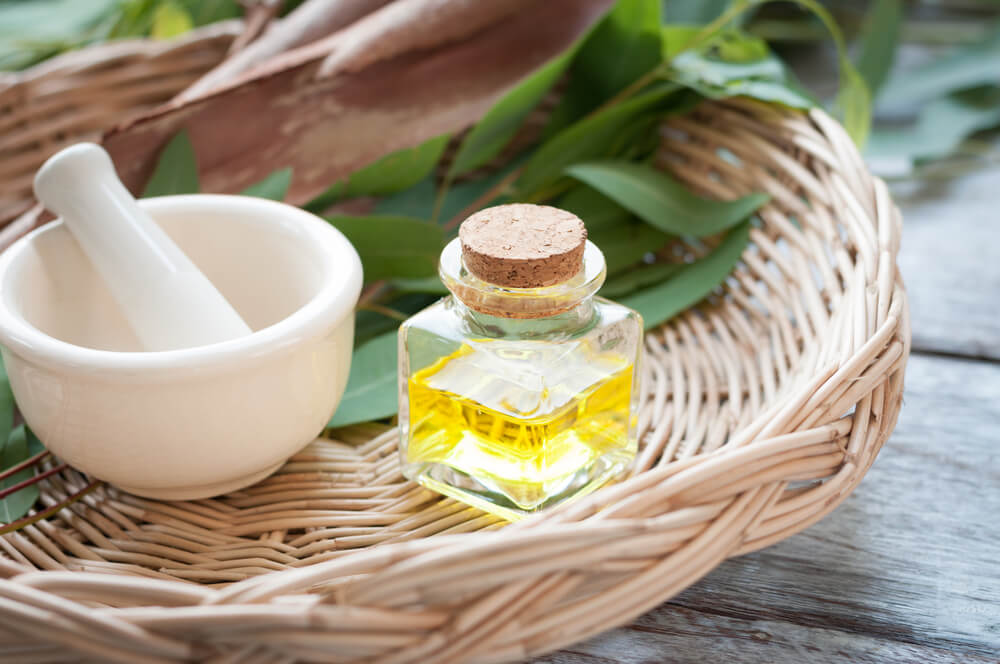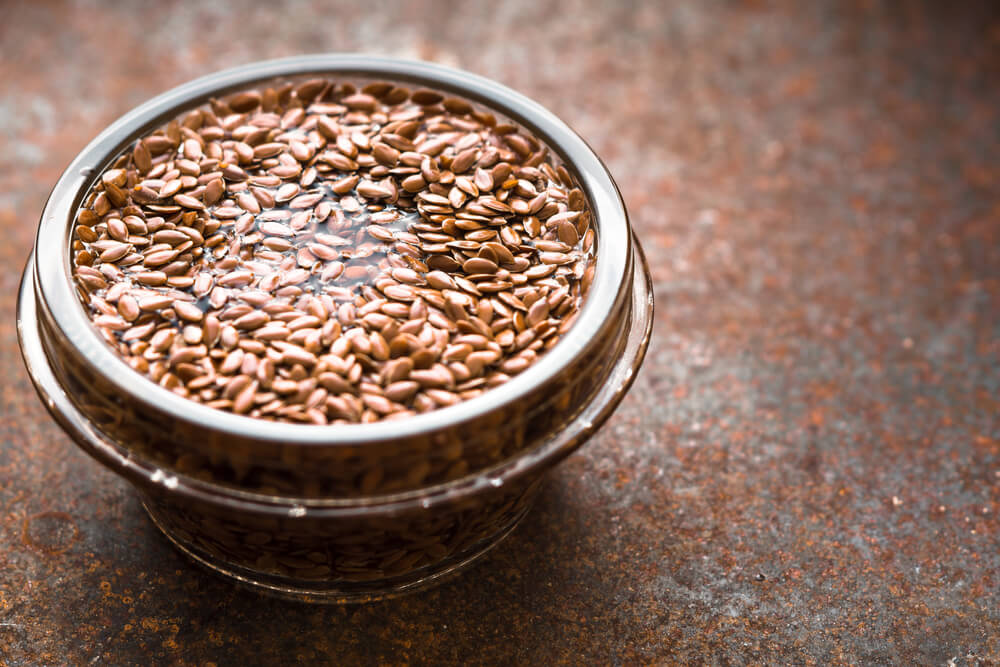3 Cough Syrup Remedies to Make at Home

The use of cough syrups originated over a thousand years ago, even before the discovery of sugar, so they sweetened the syrup with honey.
Syrups became popular when some pharmacies disguised the bitter flavor.
What are syrups? They are solutions that contain carbohydrates with an oily consistency which contains the active ingredients and additives.
Actually, their preparation doesn’t take much science. In general, they contain distilled water, solutions, extracts and juices.
One of the most common symptoms that doctor see is the cough. This indicates that there is the presence of a respiratory illness such as colds, allergies, bronchitis, or asthma.
The cough can be dry or with phlegm, which can provoke problems with daily activities.
Types of syrups
Cough suppressants
These are indicated for a dry cough without mucous. They act directly on the nervous system and eliminate bacteria that causes the problem, stopping the reflex that provokes the cough.
Expectorants
This type of cough syrup softens and eliminates the secretions that form with the phlegm causing congestion.
It controls the hoarseness in the throat and cleans the respiratory paths. It’s important to drink enough liquids to achieve the best result.
Natural syrups
Low temperatures, virus, and infections don’t give warning when they attack the body.
Coughing is an involuntary reflex of the body to dispose of what accumulates in the respiratory system.
One natural and efficient way to say “goodbye” to a bothersome cough is to take advantage of medicinal plants and create a good syrup without chemical products, that after time causes side effects.
Pay attention to the recipes and properties of the following syrups and choose the one that suits you best:
1.Eucalyptus, onion, and lemon

Eucalyptus is a plant that benefits the respiratory system, thanks to its antiseptic, decongestant, and expectorant properties.
Also, this can be utilized as a salve for the chest or even to inhale the vapor that the infusion gives off.
The role of the onion is to directly attack the cold and also as an antibacterial agent. It’s also a disinfectant that allows the throat to open up because of its anti inflammatory power.
Lastly, the lemon reinforces the the effect to eliminate the infection.
Ingredients
• 4 medium onions
• 20 eucalyptus leaves
• 4 cups of water
• juice of 2 lemons
• 1 tablespoon of honey
Preparation
• Cut onions into small pieces and combine with the eucalyptus in a pot of water.
• Let it boil for 20 minutes to free the components.
• Strain the mix and add the honey.
• Let it cool to room temperature and add the lemon juice.
• Put in a container and keep in a cool place. Take 3 tablespoons per day.
Also read: Benefits of eucalyptus for our health
2. Flax seed

Do you have a dry cough? Flax seed syrup is the solution. this takes charge of purifying the body, reinforcing the immune system, and cleaning what accumulates in the respiratory system.
Ingredients
• 3 Tablespoons of flax seed
• 1 cup of water
• Juice of 1 lemon
• 1 Tablespoon of honey
Preparation
• Bring the water to boil and add the flax seeds.
• Let it boil until it becomes thick.
• Put it in a colander.
• As soon as possible add the lemon juice and honey.
• Wait until it cools and put in a container.
How to use
• The recommended dose is 1 tablespoon per day until the cough disappears.
• Not appropriate for children under 5 years of age.
We recommend: Uses, applications and properties of flax seed
3. Herb mix

If you are a person who has all types of herbs and spices in the house, then this syrup is for you. The best feature of all is that it functions for both a dry cough and congestion.
Ingredients
• 4 cups of water
• 1 Tablespoon of chamomile
• 2 Teaspoons of cloves
• 1 Tablespoon of green anise
• 1 Tablespoon of honey
• Juice of 1 lemon
Preparation
• Boil the water.
• Add the chamomile and anise.
• Boil for 3 minutes and add the cloves.
• Keep on the heat for 5 more minutes.
• Add the tablespoon of honey and the lemon juice.
• Put in a covered container and refrigerate.
• The next day, take it out and let it reach room temperature.
How to consume
• Drink 3 times per day.
Additional recommendations
• Avoid smoking because it irritates and inflames the respiratory system.
• Inhale steam to open the respiratory paths.
• Stay hydrated so that phlegm doesn’t become so thick
• To help you breathe at night, put a couple of pillows under you head so that it’s elevated.
All cited sources were thoroughly reviewed by our team to ensure their quality, reliability, currency, and validity. The bibliography of this article was considered reliable and of academic or scientific accuracy.
- Giachetto Larraz GA. Cuándo y cómo tratar la tos: un problema frecuente. Arch Pediatr Urug. 2001.
- Teresa Pascual Sánchez M, Urgelles Fajardo E, Reus Tarragona J. Tos persistente. Protoc diagn ter pediatr. 2017.
- Goyal A, Sharma V, Upadhyay N, Gill S, Sihag M. Flax and flaxseed oil: an ancient medicine & modern functional food. J Food Sci Technol. 2014;51(9):1633–1653. doi:10.1007/s13197-013-1247-9
This text is provided for informational purposes only and does not replace consultation with a professional. If in doubt, consult your specialist.








